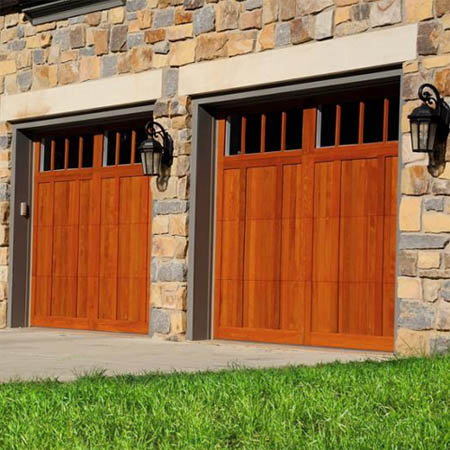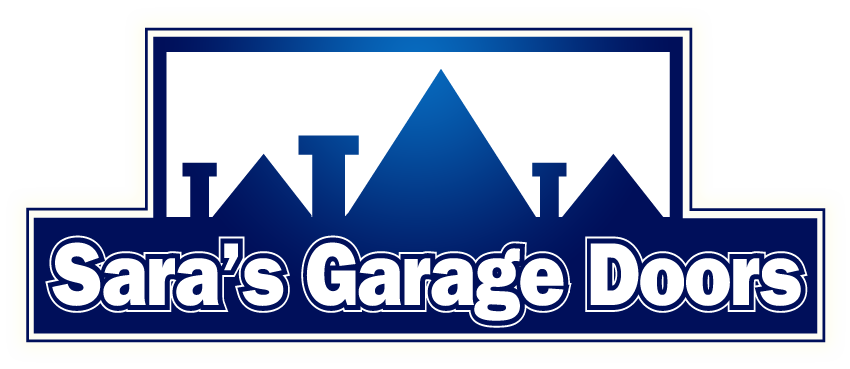Why you must fix that noisy garage door
Very noisy garage doors are not normal. When your garage door becomes very noisy, there is a reason for it and it could signal that there is something going on with your door you need to take care of immediately.
Depending on the type of garage door installed in your home of business, manual or automatic, the amount of noise emitted during operation will tell you what to look for and how to correct the problem.
Since there could be a number of reasons a garage door could become very noisy, we will look at the most frequent culprits.
Worn out roller bearings
The most common reason your garage door could suddenly develop loud noises is that your roller bearings may be wearing out or is already worn out. The effect of worn our roller bearings is not only the loud noise as the garage door goes up and down, they could result in your door not working at all. Your garage door rolls with the help of roller bearings as they move up and down so any issues with them needs to be addressed immediately.
Bent tracks
Another reason your garage door could become noisy is if your tracks are bend or not smooth. When this happens, your door will rattle, hence the loud noise, as it rolls along the tracks.
Effects on garage door openers
It may be tempting to ignore noisy garage doors as part of everyday life. The fact is that the longer your garage door noise remains, the greater the chances that a bigger problem may develop.
Take your garage door opener, for example. Failing to repair noisy garage doors over time, puts a lot of pressure on your garage door opener as it attempts to open and close the door. Too much pressure on the door opener shortens the life span of the opener forcing you to spend extra money to either repair or replace the opener. This can easily be avoided by remedying the cause of the noise in the first place.
How to remedy the noise issue
Fixing unusual garage door noises is not as complicated as you might think. In most cases, all that is required is simply for you to lubricate the bearings and tracks with lithium based garage door lubricant. Most homeowners mistakenly use WD-40 or other lubricants but that soon turns to grit as it picks up all the dirt in the garage while
Silicone based lubricants stay wet a long time. Make sure to use a lubricant made specifically for the garage door. They are usually the better choices for long term lubrication.
 No hidden fees,
No hidden fees,